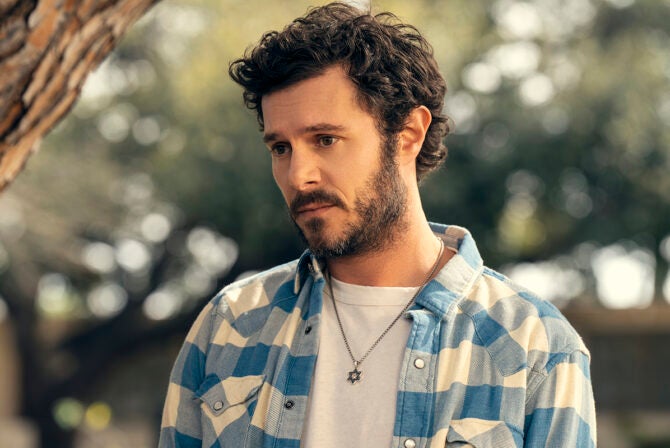“Whoops. That’s another nickel in the therapy jar.”
“If I have to spend another day at home with a sick kid, I’m going to end up on the psych unit.”
Most parents I know have made those jokes, or similar ones. I certainly have. As someone with a fairly sarcastic sense of humor who has spent a good deal of time on both sides of the therapy couch, the potential problems with this particular joke never really occurred to me. Then I had kids. And then Sandy Hook happened, and the all-too-often neglected conversation about mental health treatment was revived. Then a friend pointed out that perhaps such off-hand remarks about therapy might be doing more to stigmatize the issue of mental illness rather than normalize it. She’s absolutely right.
It’s time for all of that to change. We need to change the popular discourse about mental health and mental illness in our society, and it has to start with our community, with each one of us. We need to dispel the notion that there is a fundamental difference between those who are sick and those who are healthy; we are all on a spectrum, we all have the potential for balance and challenges, joy and despair. Every one of us has experience, either our own, or within our family or close friends, with depression, anxiety, eating disorders, addiction, mania, psychosis, and even suicidality. I certainly do.
As the child of a fairly acrimonious divorce (to put it nicely), I was sent to therapy at the age most children are being potty trained. Over the years, in various offices across the country, I’ve played board games about feelings and drawn pictures of families and written letters that were never sent and cursed at empty chairs and stared at splotches of black ink splattered across white paper cards. Mostly, though, I’ve talked–talked and cried and questioned and imagined and raged and hoped. My experience in therapy has helped me make sense of a chaotic life, gain insight in the meaning behind my own behavior and feelings, and manage the anxiety that has been a part of my life for as long as I can remember. It has made me a happier person, and a better wife, mother, daughter, sister, and friend.
Talking about therapy for ourselves is hard enough; disclosing that our own child might need help is infinitely more difficult. My career as a clinical social worker and my personal experience in therapy have, perhaps, made me more open than most to the idea of therapy for my own children, should it ever become necessary. Even so, I remain concerned about the stigma associated with mental health treatment–far too many children in our society are mistreated and misunderstood by at times well-intentioned (other times, not so much) individuals who simply aren’t educated about what therapy is, how it works, and who benefits from it. I’d love to tell you that my ego wouldn’t be involved, that I wouldn’t worry about how other parents might judge me. The truth is that I would most certainly be judging myself, wondering what role my parenting might play in my child’s struggles.
Nonetheless, if I ever felt that my daughters’ ability to function and enjoy life was impacted by a mental health concern, I wouldn’t hesitate to seek treatment for them. Rather than ignoring the situation, I hope I would be thoughtful about their needs, as well as the importance of my role as an advocate for them. As with so many other aspects of parenting, I hope that my decisions wouldn’t be based on my ego or other people’s judgments, but on my daughters’ health and well-being. If I couldn’t get to that place on my own, you’d better believe I’d be talking about it in therapy.
I’ve written about issues that are deeply important to me in the past, including my experience with IVF, my struggle with my Jewish status, and my interfaith family. For some reason, I’ve never written about mental health treatment before, even though it is a central part of my personal and professional life. Yet I can’t help but believe that if more of us were willing to engage in authentic, respectful conversations about our experiences with mental health treatment, the world might be a safer, saner place.
Perhaps one way we can all honor the memory of the children and teachers of Sandy Hook is to start talking and listening a little bit more. Each time one of us shares our struggles and successes, it enables someone else to tell another story, and someone else to seek help and make a change. It doesn’t have to be on a blog or public forum–it can be with a friend over coffee, or in response to a colleague in distress. You never know which conversation might be the one that changes a life forever. Meanwhile, if you have questions about how to seek help for yourself or a friend, you can visit www.nami.org or send me a Facebook message. I’m happy to help.







